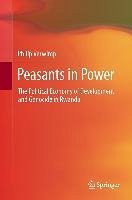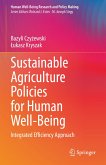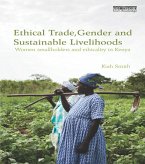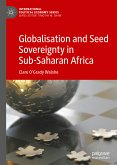Why did tens of thousands of ordinary people massacred tens of thousands other ordinary people in Rwanda in 1994? What has agricultural policy and rural ideology to do with it? What was the role of the Akazu, the presidential clan around president Habyarimana? Did the civil war cause the genocide? And what insights can a political economy perspective offer ?
Based on more than ten years of research, and engaging with competing and complementary arguments of authors such as Peter Uvin, Alison Des Forges, Scott Strauss, René Lemarchand, Filip Reyntjens, Mahmood Mamdani and André Guichaoua, the author blends economics, politics and agrarian studies to provide a new way of understanding the nexus between development and genocide in Rwanda. Students and practitioners of development as well as everyone interested in the causes of violent conflict and genocide in Africa and around the world will find this book compelling to read.
Dieser Download kann aus rechtlichen Gründen nur mit Rechnungsadresse in A, B, BG, CY, CZ, D, DK, EW, E, FIN, F, GR, HR, H, IRL, I, LT, L, LR, M, NL, PL, P, R, S, SLO, SK ausgeliefert werden.









